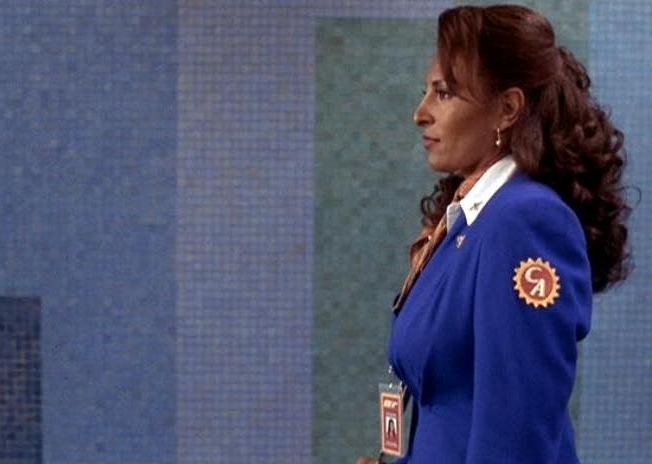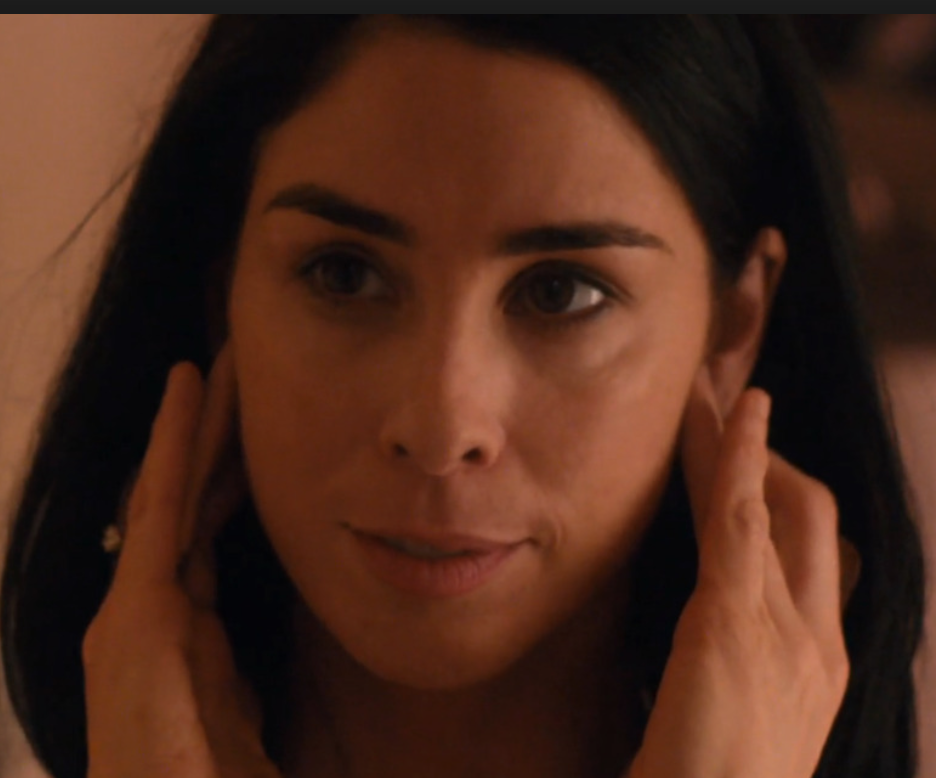 Though he remains the gold standard of hip noir, Elmore Leonard would have turned ninety this month had he not died in the summer of 2013. It’s not just the literary world that feels his absence. It’s movies and television, too, though the Detroit-based Leonard was such an industrious worker that we may be dining on adaptations of his books for decades to come. Part of the appeal of his stories actually stems from his identification with hard workers. As Joan Acocella pointed out in the New York Review of Books, “His criminals didn’t become what they were out of any fondness for vice. They just needed work, and that’s what was available.” This working-stiff ennui, coupled with a natural laconicism and ear for dialogue, is what renders Leonard’s stories so cinematic. As he wrote in the essay Elmore Leonard’s Ten Rules of Writing: “I try to leave out the parts that readers tend to skip.”
Though he remains the gold standard of hip noir, Elmore Leonard would have turned ninety this month had he not died in the summer of 2013. It’s not just the literary world that feels his absence. It’s movies and television, too, though the Detroit-based Leonard was such an industrious worker that we may be dining on adaptations of his books for decades to come. Part of the appeal of his stories actually stems from his identification with hard workers. As Joan Acocella pointed out in the New York Review of Books, “His criminals didn’t become what they were out of any fondness for vice. They just needed work, and that’s what was available.” This working-stiff ennui, coupled with a natural laconicism and ear for dialogue, is what renders Leonard’s stories so cinematic. As he wrote in the essay Elmore Leonard’s Ten Rules of Writing: “I try to leave out the parts that readers tend to skip.”
Clearly, Hollywood appreciated this omission. To date, roughly thirty films and TV series have been made from his books, some of which have been adapted more than once; Leonard himself wrote eight screenplays, though he shined most as an author; and many of our greatest contemporary directors have made their best films from his novels and short stories. Though all Leonard adaptations – even obvious lemons like “The Big Bounce” (2004, not 1969) – bear a whiff of his patented charisma, here’s my totally subjective list of the five best. Continue Reading →


